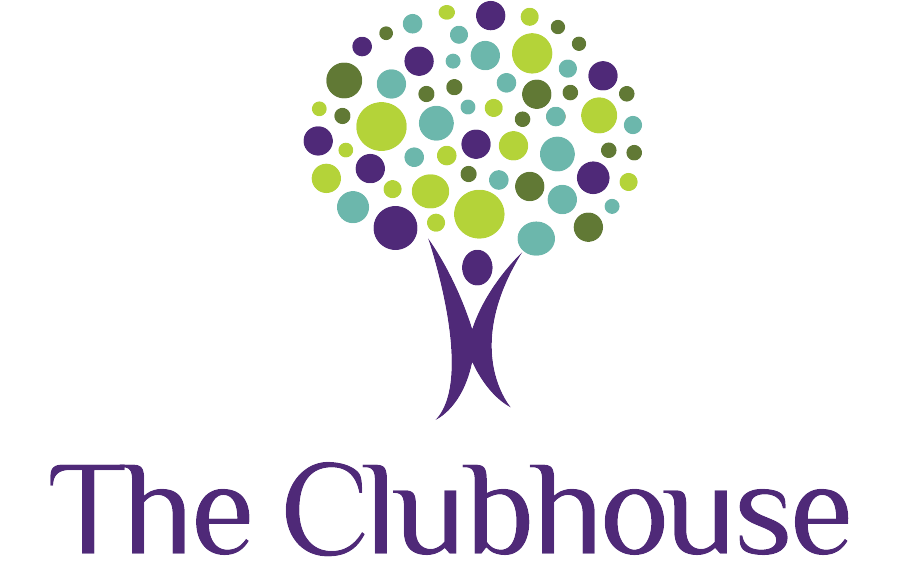Is It Time to Explore Pediatric Therapy? Recognizing Signs and Taking Action
Every child grows and develops at their own pace, but sometimes parents may notice that their child is struggling in certain areas. From difficulties with speech and language to challenges in motor skills or behavior, these signs can indicate that pediatric therapy may be beneficial for your child. At the Clubhouse, we understand the importance of early intervention and offer a range of therapies to support children in reaching their full potential. Here’s a guide to help you recognize when it might be time to seek out pediatric therapy for your child.

- Developmental Milestones: One of the first indicators that your child may benefit from therapy is if they are not meeting typical developmental milestones for their age. These milestones can include speech and language development, fine and gross motor skills, social and emotional skills, and cognitive abilities. If you notice significant delays or regressions in any of these areas, it’s essential to consult with a pediatrician or therapist for further evaluation. You can find more information on developmental milestones for certain age groups on our website here.
- Red Flags to Watch For: While every child is unique, there are certain red flags that may indicate the need for therapy. Speech delays, for example, could manifest as a lack of babbling or limited vocabulary for their age while motor skill challenges might present as difficulty with basic tasks like holding a spoon or climbing stairs. While there are a few red flags for each area of development, some of the most common include:
- Speech delays or difficulty understanding and using language.
- Challenges with coordination, balance, or motor skills.
- Sensory sensitivities or difficulties processing sensory information.
- Behavioral issues such as aggression, tantrums, or difficulty focusing.
- Social difficulties, such as trouble making friends or understanding social cues.
- Pediatrician Recommendations: Your child’s pediatrician plays a crucial role in monitoring their development and identifying any concerns early on. During routine check-ups, they assess your child’s growth and development, and if they notice any delays or red flags, they may recommend further evaluation by a therapist. However, nobody knows their child as well as a parent, so if you have concerns, please discuss this with your pediatrician. If therapy is recommended, physicians can often guide families through the process of finding a therapy provider and starting services.
- Free Screenings and Consultations: At the Clubhouse, we understand that navigating the world of pediatric therapy can be overwhelming for parents. That’s why we offer free screenings to help identify areas where your child may benefit from therapy. These screenings are quick and non-invasive, providing valuable insight into your child’s strengths and areas of need. We also provide free therapist consultations to discuss any concerns you might have in more detail and determine the best course of action for your child—all from the comfort of your own home.
- Virtual Walkthroughs and Clinic Tours: We know that choosing the right therapy provider for your child is a big decision. To help make this decision easier for families, we offer virtual walkthroughs of our clinic spaces, allowing you to see where our therapy sessions take place. We also offer private, in-person tours for families who wish to see and explore the space and meet some of our Clubhouse team members.
- Early Intervention is Key: Research has consistently shown that early intervention can significantly improve outcomes for children with developmental delays. By addressing concerns early and providing the necessary support and therapy services, children can develop the skills they need to succeed in school, social relationships, and life. The sooner therapy begins, the greater the potential for progress and long-term success.
Recognizing the signs that your child may benefit from pediatric therapy can be the first step toward helping them reach their full potential. Whether it’s speech therapy, occupational therapy, physical therapy, ABA therapy, or mental health counseling, the Clubhouse is here to support you and your child every step of the way.
If you’re interested in learning more about how the Clubhouse can help your family, please contact us today!
Written by The Clubhouse Team

